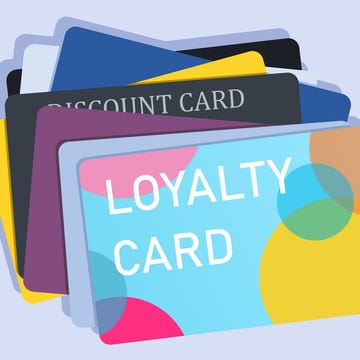It starts with a letter stating you've been selected for Jury Service, with the where and the when and a request to confirm attendance or state a reason that you can't come.
Although the number of people called for Jury Service has risen, for most of us the experience is unfamiliar. In 2023, 197,007 people took part but the chance of being called up varies depending on where you live. In England and Wales, there's a 35% chance, whereas in Scotland, it's much higher - 95% - according to MoneyHelper.
If you are selected, it's important to find out how it could impact your finances through loss of earnings and expenses.
Will my employer pay me for the time in court?
If you’re called for Jury Service, your employer must allow you to take time off to attend court. This doesn’t count as holiday and shouldn’t affect your entitlement to annual leave - but you may not be paid. "Employers aren’t required to pay employees while they’re on jury service, although many do as a goodwill gesture," says Rachel Harte, co-founder and director of Money First Aid. Check your company’s policy with HR.
Will the court pay me?
If you’re not going to be paid by your employer, you can claim an allowance from the court to cover loss of earnings. Many employers will top this up if it doesn’t cover your full pay, but they don’t have to. There’s a daily allowance of up to £64.95 if you’re in court for more than four hours a day; this drops to £32.47 if you spend less than four hours at court.
If your jury service lasts longer than 10 days, the daily amount rises to £129.21 (£64.95 if you’re in court for less than four hours in a day).
To claim, you’ll need to provide evidence of loss of earnings. Self-employed jurors can also claim for loss of earnings. You’ll need to provide proof of earnings – your tax return, a letter from your accountant or a letter from a client whose work you had to turn down, showing what your daily rate would have been.













